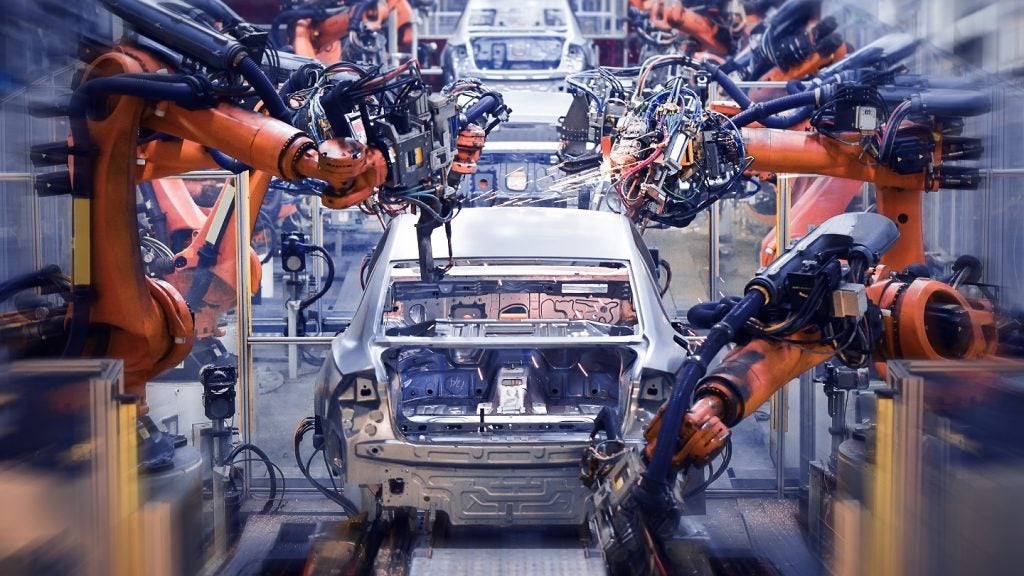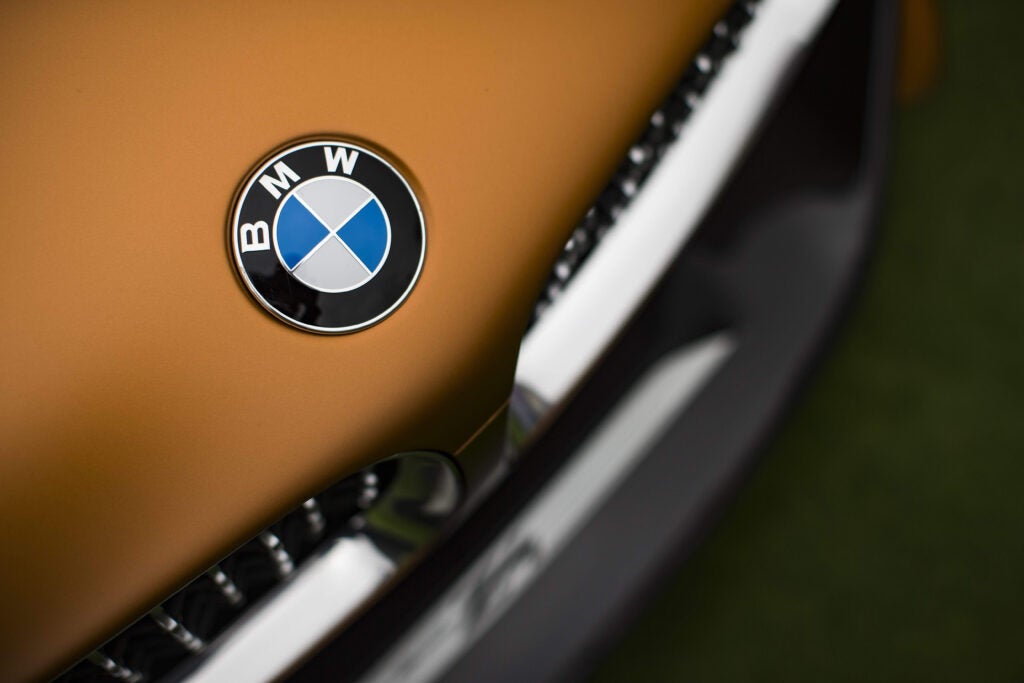Staff shortages and the ongoing semiconductor crisis have continued to affect the new car market, with registrations down 29.5% in June, according to figures from the SMMT.
The SMMT noted the decline was artificially heightened by comparison with the same month last year, when registrations rose dramatically as showrooms enjoyed a full month’s operation following the first 2020 lockdown. However, the July performance was down 22.3% on the average recorded over the past decade.
The decline was predominantly within large fleets which, at 61,140 units, was some 28.7% lower than the average recorded over the past decade. Private registrations declined by a lesser extent, 10.7%, to 59,841 units.
The bumper growth in plug-in vehicles continued, however, with battery electric vehicles (BEVs) accounting for 9% of registrations, while plug-in hybrids (PHEVs) reached 8%.
While the UK’s economic outlook continues to strengthen, with most consumer indicators suggesting a greater appetite for spending, including on so-called ‘big ticket’ items, supply challenges continue to throttle growth with the weaker market conditions expected to continue in August – traditionally a quiet month for registrations – before modest growth returns in Q4.
As a result, the latest SMMT outlook has been revised downward and now forecasts registrations to reach around 1.82m units in 2021. This is still some 11.7% up on 2020, but down from the 1.86m forecast in April, and down around 21.8% on the average new car market recorded over the past decade.
How well do you really know your competitors?
Access the most comprehensive Company Profiles on the market, powered by GlobalData. Save hours of research. Gain competitive edge.

Thank you!
Your download email will arrive shortly
Not ready to buy yet? Download a free sample
We are confident about the unique quality of our Company Profiles. However, we want you to make the most beneficial decision for your business, so we offer a free sample that you can download by submitting the below form
By GlobalDataMore positively, however, given the continued strengthening of the electric vehicle market, SMMT now estimates that BEVs will account for 9.5% of registrations by year end, while PHEVs are forecast to comprise 6.5% of the market, collectively totalling around 290,000 units by the end of the year.
Mike Hawes, chief executive of the SMMT, said: “The automotive sector continues to battle against shortages of semiconductors and staff, which is throttling our ability to translate a strengthening economic outlook into a full recovery.
“The next few weeks will see changes to self-isolation policies which will hopefully help those companies across the industry dealing with staff absences, but the semiconductor shortage is likely to remain an issue until at least the rest of the year.”
Industry reaction
Sue Robinson, chief executive of the NFDA, said: “Given the headwind we are witnessing in relation to vehicle supply, as a consequence of semi-conductor shortages and factory closures, franchised dealers continue to perform resiliently.
“It is usual for consumer demand to wain slightly as we approach the important month of September. NFDA members still remain cautiously optimistic in their outlook for the remainder of the year.”
Ian Plummer, commercial director at Auto Trader, said: “The new car sector has been dealt a perfect storm of which the full impact on retail is only now being realised. The semi-conductor shortage coupled with rising commodity prices, has dramatically hampered new car production, and with no clear end in sight, it’s likely we’ll feel the ramifications into early next year.
“However, it would be easy to misinterpret these results as a drop in consumer demand for new cars, but our data shows that couldn’t be further from the truth. In fact, 1.4 million people viewed a new car on Auto Trader in July, which is up 6% compared to last year’s post lockdown July sales burst and more than double 2019 levels.
With such strong demand, we’re clearly in the grips of a “seller’s market” at the moment, although the potential lost sales make the supply constraints all the more frustrating for car brands and retailers alike while they’re unable to reap all the benefits of this bounce back.”
Karen Hilton, chief commercial officer at heycar, said: “As disruption to new car production looks likely to continue for the next 18 months, we’d expect car buyers to have more affordable choices as the average age of dealer stock increases due to this lack of new cars. This will be further compounded by fewer rental, fleet deals and pre-reg cars coming to market.
“As a result we’d expect a change in car buying habits, with more people keeping their cars for longer. Rather than changing every 18 months to two years, we would expect to see that growing to three years.”
James Fairclough, chief executive of AA Cars, said: “The reopening of the economy has given consumers plenty of ways to spend their free time, and although it’s disappointing to see car sales fall on an annual and monthly basis, it is not surprising considering that many people will be prioritising socialising and going out over shopping for a new car.
“The market is often quieter in the summer, but there are signs that consumer confidence is building as the economy bounces back, and there are reasons to be optimistic that drivers will soon be returning to forecourts in greater numbers.
“The Bank of England continues to report increased borrowing, and the number of car finance applications remains strong.”
Meryem Brassington, electrification propositions lead at Lex Autolease, said: “Today’s figures demonstrate great progress towards net zero and puts the UK well on track to surpass the 108,000 electric vehicles registered in total in 2020 by autumn this year.
“The recent Transport Decarbonisation Plan and other commitments are a strong signal of intent from the government to keep the UK as a world leader in electrification. But there’s no time for complacency to creep in. Policy makers and manufacturers must continue to work together to address charging infrastructure and the second-hand EV market to ensure that battery vehicle adoption is both accessible and affordable for everyone.”







